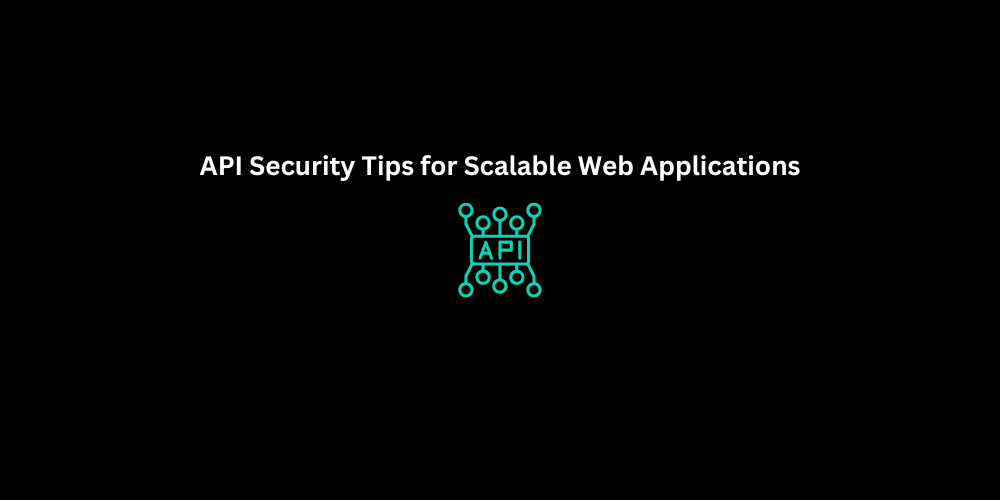Nowadays, web applications rely heavily on APIs (Application Programming Interfaces) to communicate between systems and deliver fast, seamless user experiences. But as your web app scales, so do the security risks. Securing your APIs is essential to protect sensitive data, ensure performance, and maintain user trust.
In this blog, we’ll explore essential API security tips that help you build and maintain secure, scalable web applications, especially in 2025.
Why API Security Matters in 2025
With the rise of cloud computing, microservices, and mobile apps, APIs are now a major target for cyberattacks. Weak or misconfigured APIs can lead to data breaches, DDoS attacks, and unauthorized access to your systems.
That’s why every business—from startups to enterprises—must prioritize API security as part of their web development strategy.
Top API Security Tips for Scalable Web Apps
1. Use HTTPS for All Communications
Always use HTTPS to encrypt data transmitted between your server and clients. This prevents man-in-the-middle attacks and keeps sensitive information secure.
2. Implement API Authentication & Authorization
Use robust authentication methods like:
- OAuth 2.0
- JWT (JSON Web Tokens)
- API Keys for controlled access
Also, implement role-based access control (RBAC) to limit what each user or system can access.
3. Rate Limiting & Throttling
Protect your API from abuse by setting rate limits to control how many requests users or bots can make per second/minute. This helps prevent DDoS attacks and reduces server overload.
4. Validate All Input
Always validate and sanitize incoming data to prevent:
- SQL injection
- XSS attacks
- Command injection
Use strong data validation on both client-side and server-side.
5. Keep APIs Versioned
Versioning helps manage changes and reduces the risk of breaking apps for users when updates are made. It also allows you to deprecate old endpoints safely.
6. Encrypt Sensitive Data
Any sensitive data (like passwords or tokens) should be encrypted at rest and in transit. This is a must-have in any scalable application architecture.
7. Monitor API Activity & Logs
Use tools to monitor API usage in real time and analyze logs to detect:
- Unusual traffic
- Suspicious access patterns
- Failed login attempts
Proactive monitoring helps you catch and fix vulnerabilities early.
8. Use Web Application Firewalls (WAFs)
A WAF adds an extra layer of security by filtering malicious requests before they hit your API servers. It protects against common attack patterns and helps maintain uptime.
Secure APIs Help You Scale with Confidence
As your app grows, more users and systems will rely on your APIs. Investing in API security ensures you’re not just scaling fast—but scaling safely.
By following these best practices, you protect your users, your business data, and your infrastructure from growing cyber threats.
How 3techno Helps with Secure API Development
At 3techno, we specialize in building custom software solutions and scalable web applications with API-first architecture. Our team follows the latest security protocols, from OAuth to secure token management, to keep your apps protected.
Whether you need API integration, enterprise software, or full-stack development, we ensure your solutions are built for performance, security, and scale.
Explore Our Expertise at 3techno
FAQs
Why is API security important for scalable applications?
API security prevents unauthorized access, protects user data, and ensures your app runs smoothly, even as usage grows.
What are common API vulnerabilities?
Common threats include:
- Injection attacks
- Broken authentication
- Data exposure
- Rate limiting bypass
How often should API security be tested?
Regular penetration testing, automated scans, and manual reviews should be done quarterly or after any major update.

